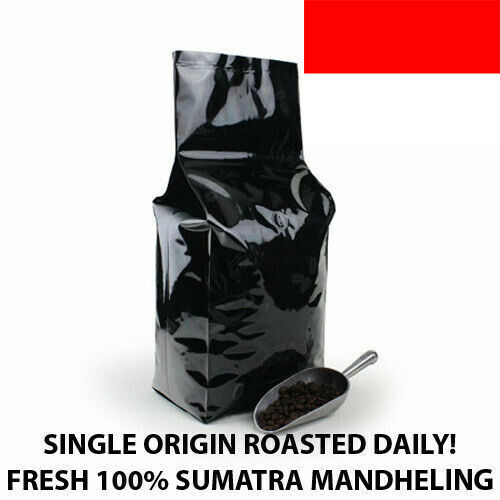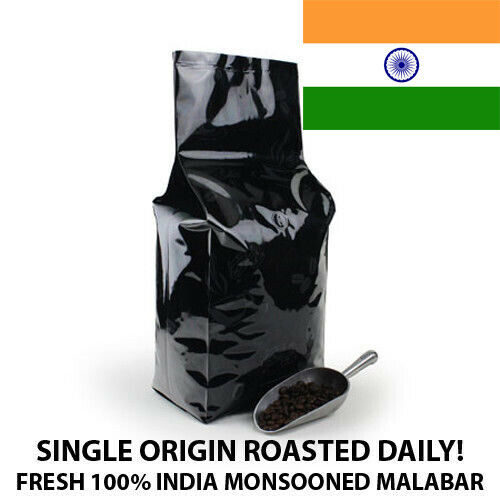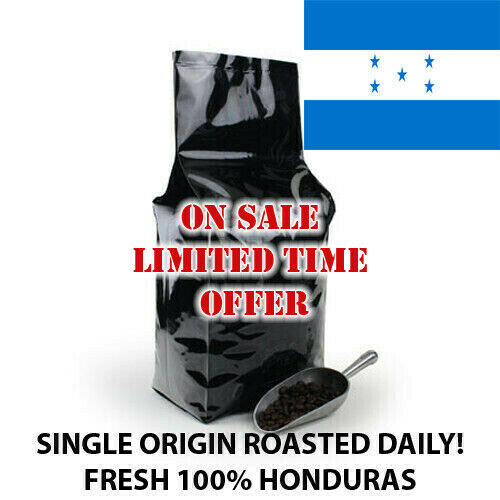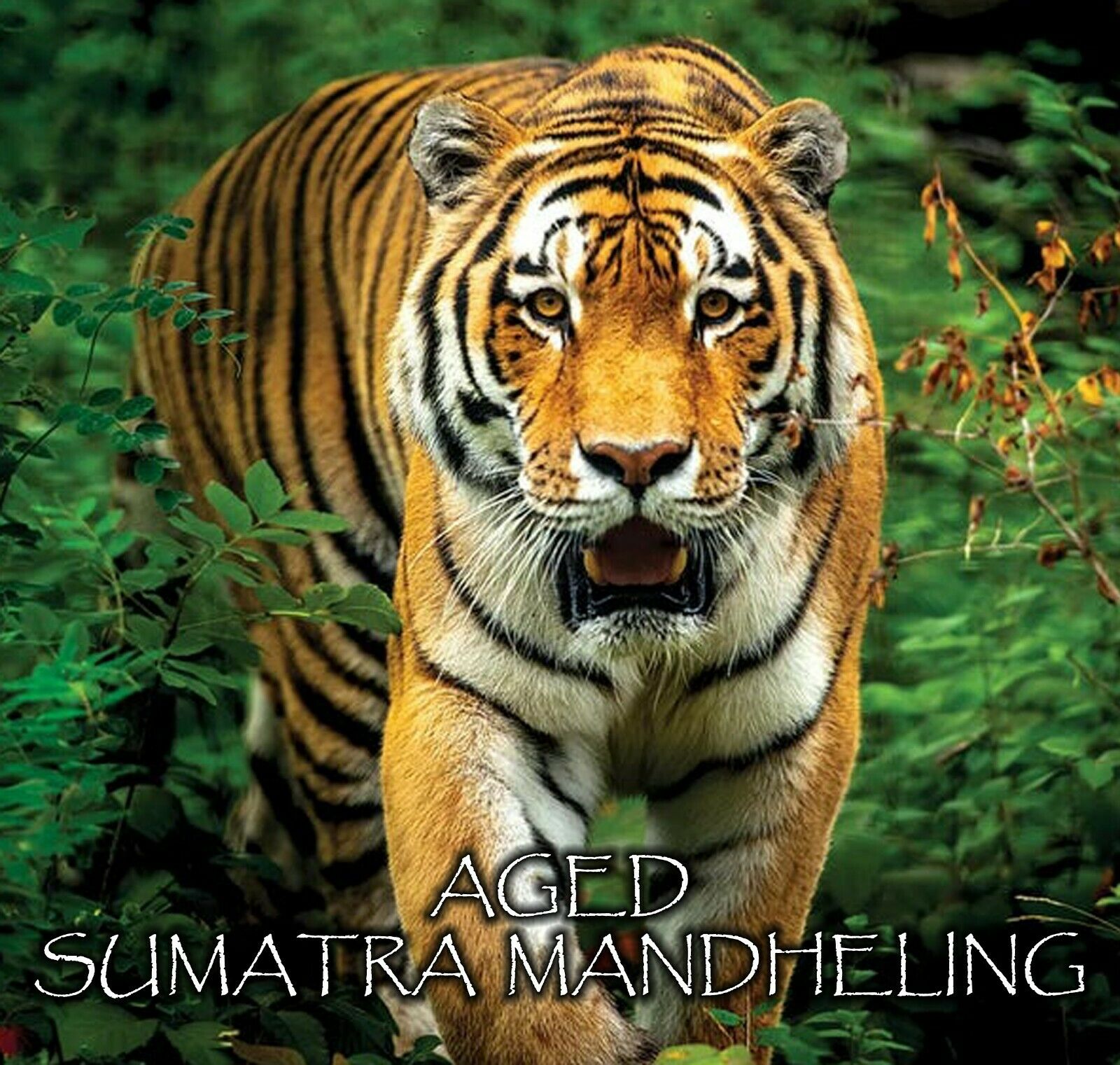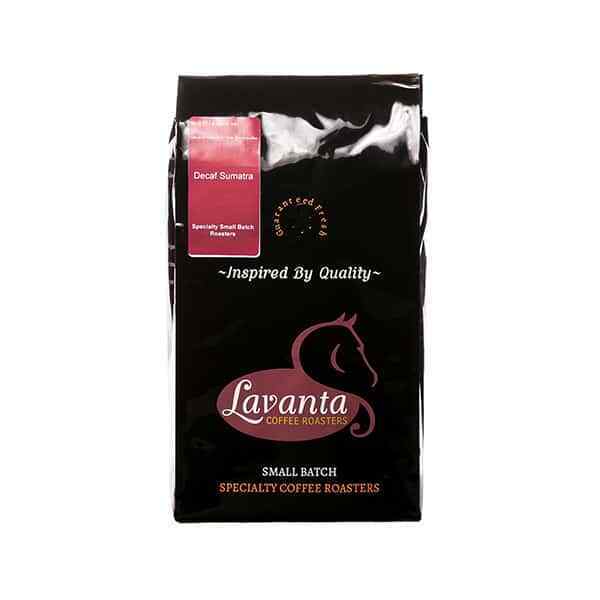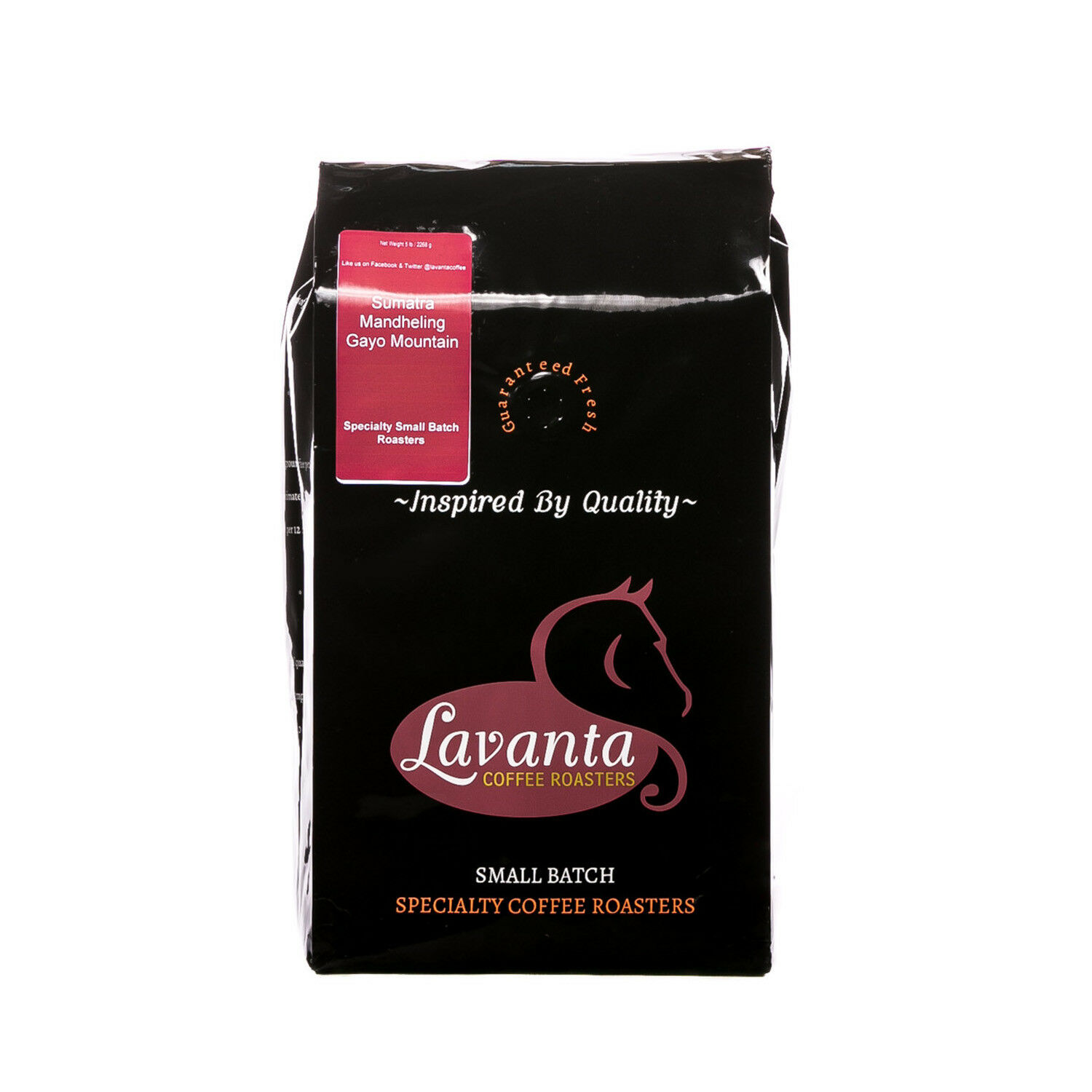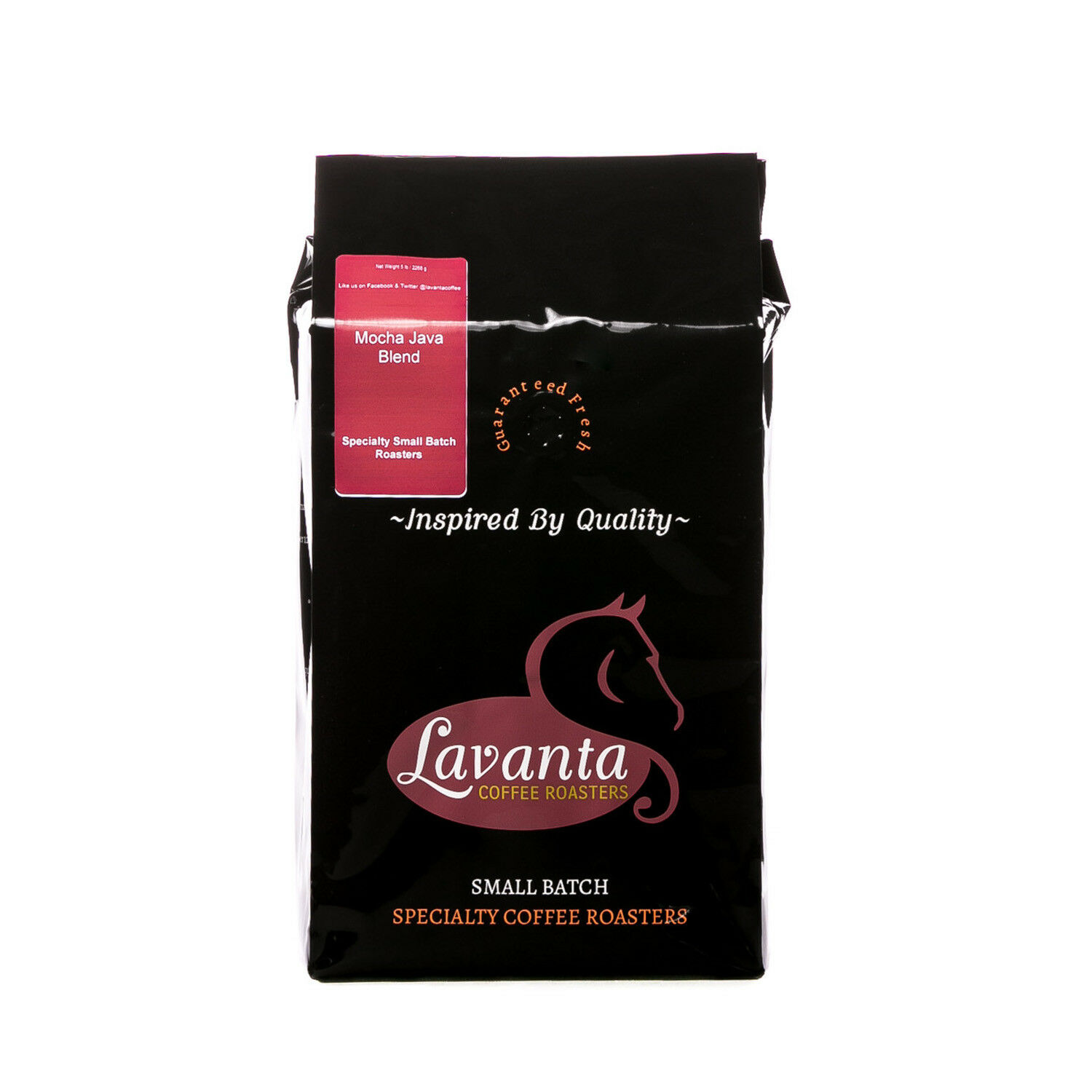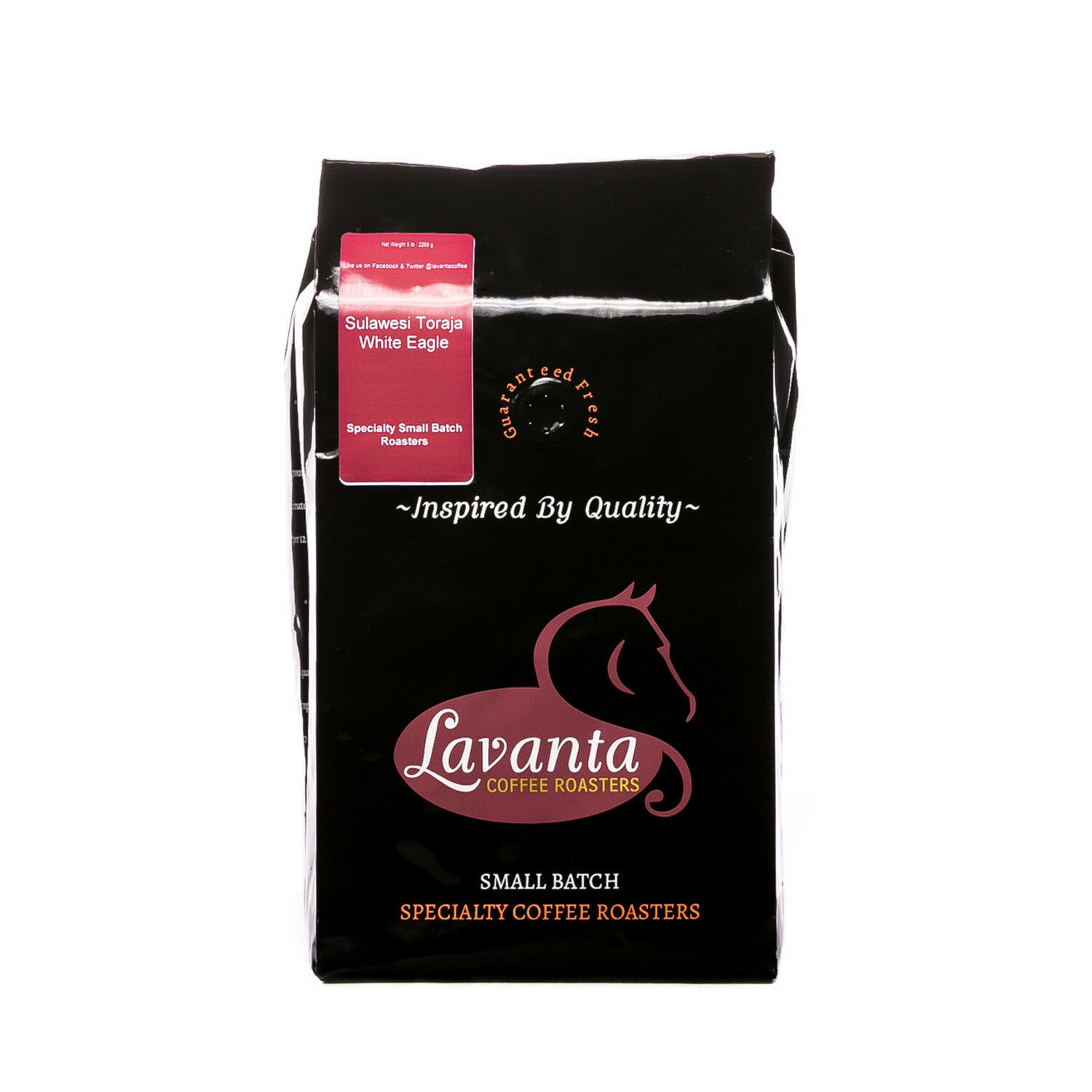-40%
5 LB BRAZIL BRAZILLIAN CONILON GREEN UNROASTED RAW COFFEE BEANS - ROBUSTA
$ 11.61
- Description
- Size Guide
Description
5 Lbs of Green Un-Roasted ROBUSTA Coffee BeansBRAZIL CONILON BEANS
Milling Process:
Natural
Screen Size:
13 & Up ( Small Beans, Low Grade )
Cup Characteristics
Nutty, Strong, Chocolate, Pipe Tobacco,
Aroma:
Sharp
Body:
Full
Acidity:
High
Not Typically Consumed on its's own, Great for Creating Custom Blends, as a filler or
for adding a Caffeine Kick to any coffee or espresso.
INFORMATION
Robusta coffee is coffee made from beans of the plant Coffea canephora, a sturdy species with low acidity and high bitterness. C. canephora beans, widely known by the synonym Coffea robusta, are used primarily in instant coffee, espresso, and as a filler in ground coffee blends.
Robusta has its origins in central and western sub-Saharan Africa. It is easy to care for, has a greater crop yield, has almost double the amount of caffeine and more antioxidants, and is less susceptible to disease than arabica coffea. It represents 43% of global coffee production, with arabica constituting the remainder except for the 1% constituted by coffea liberica
It is mostly grown in Vietnam, where French colonists introduced it in the late 19th century, though it is also grown in India, Africa and Brazil, where it is often called conilon. In recent years, Vietnam, which produces mostly robusta, has become the world's largest exporter of robusta coffee, accounting for over 40% of the total production. It surpasses Brazil (25% of the world's production), Indonesia (13%), India (5%), and Uganda (5%). Brazil is still the biggest coffee producer in the world, producing one-third of the world's coffee, though 69% of that is C. arabica.
Robusta is easier to care for and has a greater crop yield than C. arabica, so is cheaper to produce.Roasted robusta beans produce a strong, full-bodied coffee with a distinctive earthy flavour, but usually with more bitterness than arabica due to its pyrazine content.Since arabica beans are believed to have smoother taste with more acidity and a richer flavour, they are often considered superior, while the harsher robusta beans are mostly used as a filler in lower-grade coffee blends.However, the powerful flavor can be desirable in a blend to give it perceived "strength" and "finish", noticeably in Italian coffee culture. robusta beans are used in traditional Italian espresso blends, at about 10–15%, to provide a full-bodied taste and a better foam head (known as crema). It is besides used as a stimulant, diuretic, antioxidant, antipyretic and relieves spasmodic asthma.











